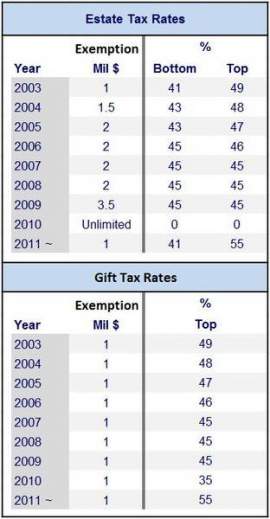
A Guide Guide to Tax Exempt Status

Tax exemptions may be granted under various tax systems to certain organizations, persons, property, or other items which the particular tax system would otherwise tax. A tax exemption may refer to a personal allowance or to a specific exemption claimed by the individual or taxable entity.
Tax exempt status may provide complete relief from having to pay taxes, entitle them to be taxed at a reduced rate or on only part of their income, or allow them to pay taxes on only a small part of the items that would otherwise be subject to taxes.
Commonly, tax exemptions are extended to charitable, non-profit, or not for profit organizations. A tax exemption may remove the need to satisfy property tax or income tax payment. Cross border or multi-jurisdictional principles may be eligible to be declared tax exempt. Veterans may be eligible for some tax exemptions.
Tax exemptions are related to but distinct from the absence of taxation in a particular set of circumstances (i. e. an exclusion) or the reduction of taxable items through the means of the deduction of other items (i. e. a deduction).
Theoretically tax exempt status can be granted by any level of the government that has the power to tax, although under some tax systems the ability to grant tax exemptions is restricted from lower branches of government.


















